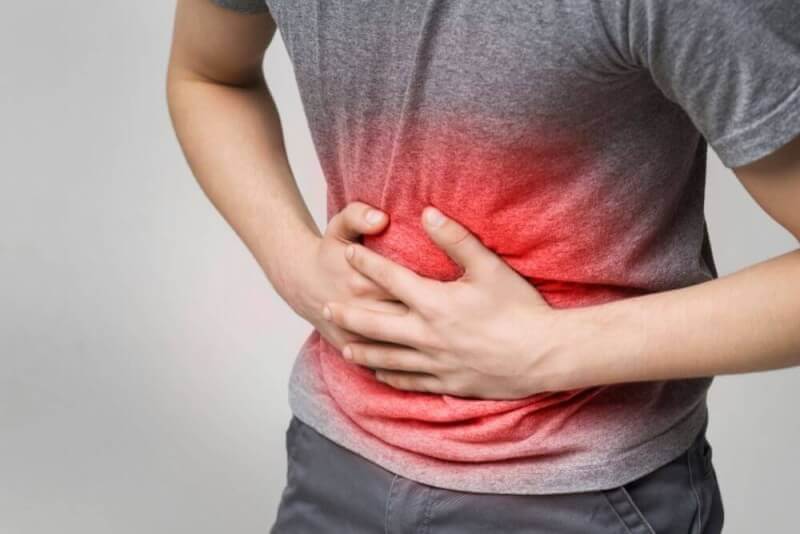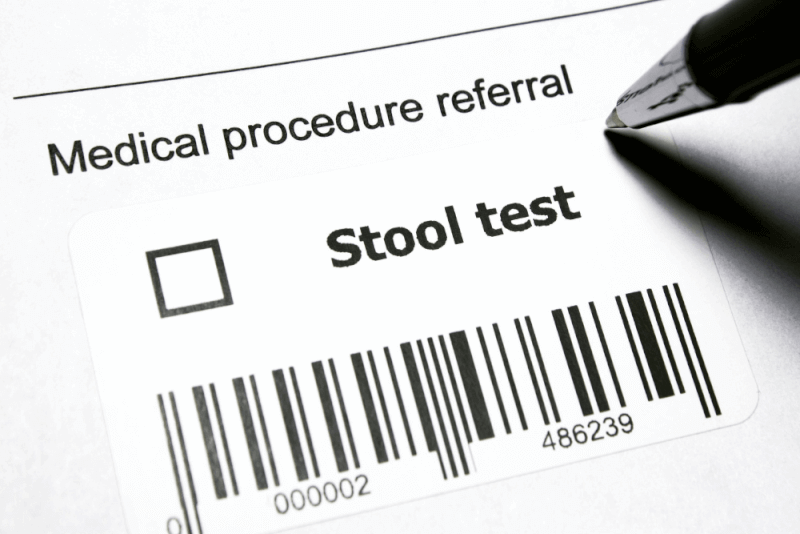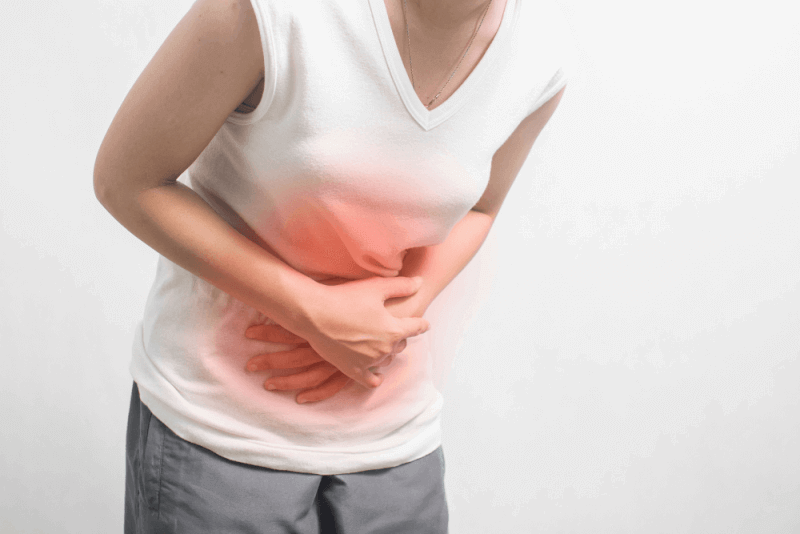What is intestinal gas?
Intestinal gas is a mixture of methane, oxygen, nitrogen, carbon dioxide and hydrogen. When this gas in the intestines encounters intestinal bacteria, an unpleasant sulfur odor develops. The gas formed in the intestines is released through the mouth or rectum. In some cases, gas is trapped in the stomach, so people experience abdominal pain and bloating.
What causes intestinal gas?
There are two main causes of intestinal gas formation.
Food digestion
Because the small intestine lacks certain enzymes necessary for the digestion of starchy, sweet, fibrous and carbohydrate foods, the undigested food passes into the large intestine, where it is broken down by harmless bacteria, resulting in the formation of hydrogen and carbon dioxide gas. In some people, bacteria in the intestines cause methane gas formation. This process is responsible for a significant proportion of intestinal gas.
Swallowing air
When chewing gum, eating or smoking, air can be swallowed without realizing it. In addition, loose dentures also cause too much air to be swallowed. Swallowed air is removed from the mouth. But the intestines also absorb some of the swallowed air.
Other causes
Flatulence is usually harmless, even if it has an unpleasant odor. Among the factors that cause too much gas in the intestines are the following.
- Consuming gas-producing foods such as beans, corn, onions, apples and high-fiber foods
- Irritable bowel syndrome
- Lactose intolerance
- Celiac disease
- Overgrowth of intestinal bacteria
- Intestinal infections
- Various medicines
- Movement disorders
What is good for intestinal gas?
Treating the health condition causing excessive intestinal gas will solve the gas problem. In addition, over-the-counter medicines can be used for occasional intestinal gas.
- Alpha- galactosidase enzyme for the gas problem experienced after consuming foods that are difficult to digest
- Bismuth subsalicylate for adults with diarrhea as well as stomach upset
- Lactase enzymes for people with lactase intolerance
- Probiotics to get rid of bad gut bacteria
- Simethicone for the elimination of intestinal gases that cause bloating
Symptoms of intestinal gas
Symptoms seen in people with intestinal gas include the following.
- Burping
- Bloating
- Passing gas
If intestinal gas is accompanied by the following symptoms, a doctor should be consulted.
- Abdominal pain
- Abdominal tenderness
- Fire
- Chronic or sudden onset of diarrhea
- Rectal bleeding
- Nausea
- Vomiting
- Bloody stool
- Yellow, oily-looking feces
- Unexplained weight loss
How to eliminate intestinal gases?
Some home remedies can be used to eliminate intestinal gas without medication. These methods include the following.
- Taking a walk
- Massaging the abdomen in the direction of bowel movements
- Doing yoga
- Drinking more fluids
- Consume a glass of water with half a teaspoon added
- Drink apple cider vinegar
- Drinking mint, ginger or anise tea
- Taking a hot bath
- Deep breathing
- Chewing fennel seeds
- Consume clove structure capsules after a meal
Nutrition in intestinal gas
The dietary changes to be applied to eliminate intestinal gas vary from person to person. For this, foods suspected of causing gas should be removed from the diet one by one. It should then be added to the diet to see the results.








